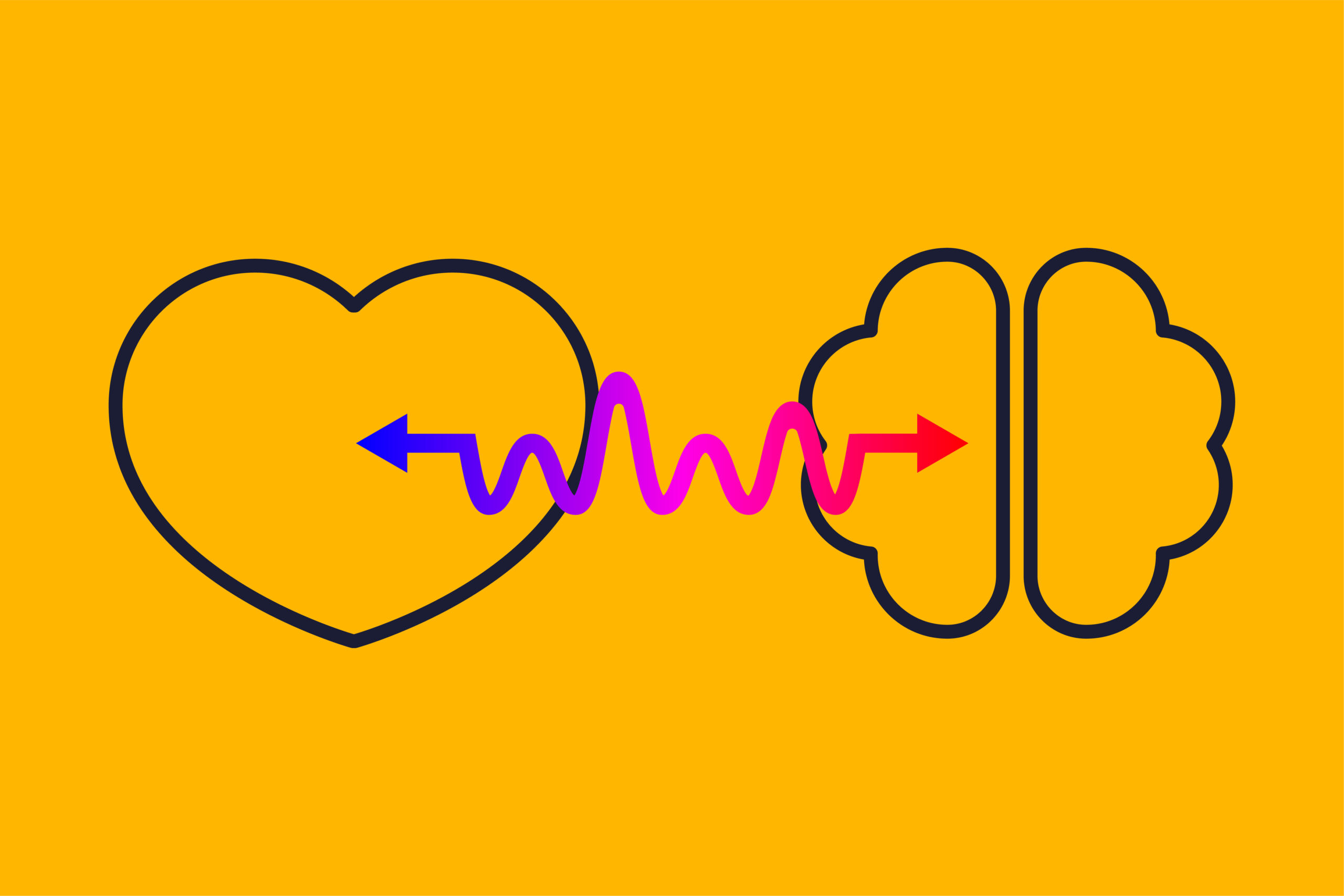The Center for Applied Research in Decision Making (CARD) at Temple University’s Fox School of Business (formerly known as the Center for Neural Decision Making) leverages recent developments in diverse fields like economics, psychology, neuroscience and business administration to advance understanding of how people make decisions. This interdisciplinary center aims to be the forefront of translational research, facilitating dialogue among academic researchers, practitioners, business clients and the broader society to translate fundamental research insights into practical business solutions.
Mission
Our Mission is to promote applied, interdisciplinary, and multi-method research in decision making and facilitate the translation of research findings into actionable insights for business and society.
Vision
Our Vision is to be a thought-leader in interdisciplinary and applied research in decision making, to facilitate intellectual discussions across disciplines, methodologies and industry practitioners, and to accelerate breakthroughs that benefit business and society as a whole.
What we do
CARD deploys tools like behavioral experiments and surveys, eye tracking, facial coding, facial electromyography, skin conductance, heart rate, electroencephalography (EEG) and functional magnetic resonance imaging (fMRI) to measure psychological processes and unconscious responses. These measures are used to address real-world business problems in marketing, advertising, financial decision making, privacy and more areas. The pioneering work at CARD has focused on establishing the specific role for each of these methods in research related to core constructs like attention, emotion, memory and desirability.
Center Leadership
ISDN conference
The Interdisciplinary Symposium on Decision Neuroscience (ISDN) brings together a range of constituencies involved in the use of neuroscience techniques to understand decision-making: world-renowned academics, neuroscience research companies, marketing research executives and industry leaders. It offers an opportunity to network, present and listen to the latest breakthroughs in using neurophysiological measures to inform decision making in individuals, groups, societies, organizations and markets.
Contact us
Center for Applied Research Decision Making
1810 Liacouras Walk
Fourth Floor
Philadelphia, PA 19121
215-204-3248
card@temple.edu












